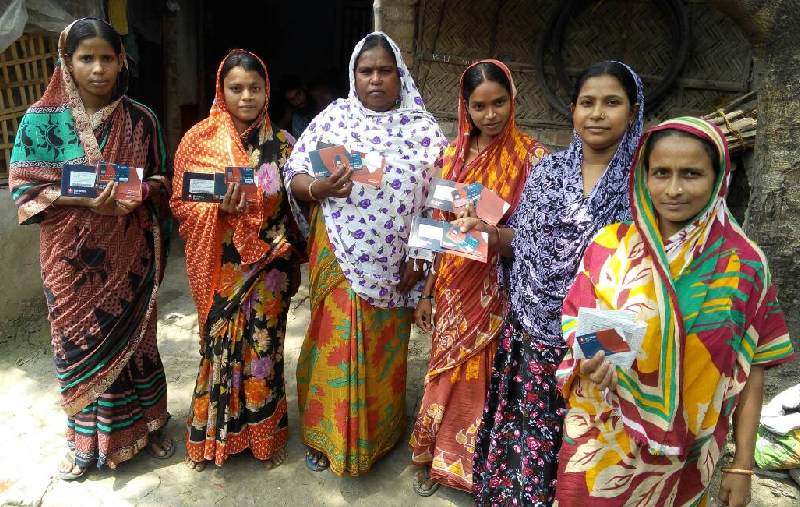11% of the world’s adults who do not have bank accounts are Indians. Further, India has the world’s highest share of inactive accounts, about twice the average of 25% for developing economies. Half of India’s bank accounts are, in fact, rarely used. Around 40% of the country’s bank accounts have seen no transaction in the last one year, as reported by the World Bank in its Global Findex database report.
This programme is aimed at deepening financial inclusion in rural communities. In the crusade to ensure holistic development of people and communities, financial literacy and inclusion is the tool that assists them to move from sustenance to a sustainable growth path. Accordingly, this initiative pays special attention to ensuring that the programme encourages participants to become financially aware and gain financial confidence. The objective is to increase awareness among rural and disadvantaged women about financial matters, empowering them to plan their personal economies. They are also taught to access varied banking services, including insurance and pension schemes.

Financial Literacy:
Why & for Whom
For the disadvantaged people, good money management is a daily challenge as they live and think on a day-to-day basis. Financial Literacy is important to help the less fortunate to:
In keeping with the financial literacy guidelines by the Reserve Bank of India, the organisation has adopted the following aspects of financial management in West Bengal:
Money Management: To proactively manage money
Debt Management: To control debt and avoid over-indebtedness
Managing Savings: To save regularly and prudently
Financial Negotiations: To strengthen women’s bargaining position vis-à-vis input suppliers, dealings with household members and financial institutions
Use of Banking Services: How banks work and impose charges; to interact with banks to maximise use of banking services for themselves
Positive results have been observed in terms of empowerment of beneficiaries including: